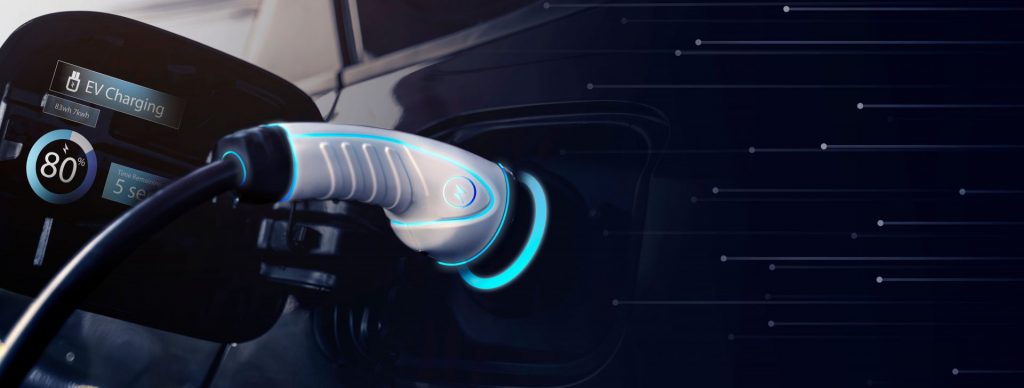With technology advancing the world is becoming increasingly more connected. The growth of “smart devices” in tandem with digitalisation is having a large impact on every part of human life and driving growth and opportunity across multiple industries to meet the ever-changing global demands.
The UK government has announced the ‘Road To Zero’ strategy, a long-term project to transition to zero-emission road transportation, with that being stated the future can only be electric. Many supermarkets, car parks and shopping centres have invested in EV charging infrastructure improving awareness and consumer confidence to make the move from petrol to electric vehicles.
Why secure connectivity is needed in EV Chargers
The process of charging a car without IoT connectivity can be problematic, a reliable connection between the EV charge unit and the network is critical for a business since it allows the company to monitor performance, perform charging unit maintenance, install software updates, and take payments in real-time from a remote location.
With connected devices there is always a risk of cyber-attacks and data breaches which for any business can be hard to recover from, EV chargers have the ability to connect to the internet using Wi-Fi but that is not a robust option. Using Wi-Fi to connect to the internet is common for residential EV chargers but not for public charging units that need the additional control and security that an IoT SIM card provides to handle crucial customer data and payment information.
Businesses spearheading the use of EV chargers are increasingly turning to Cellular IoT connectivity (CIoT) for its reliability, security, flexibility, and cost-effectiveness in delivering connectivity to charging units. Every charging unit has an embedded IoT SIM, which is able connect to to a management portal, and able to send real-time notifications to an end- user’s smartphone such as how long until you have a full charge, how many miles you have and if the cable is accidently disconnected or intentionally removed.
Recommended Solution
The emphasis on control and better security has been crucial in the development of CIoT. Not only do you get all of these benefits when you choose CIoT as a solution you get a reliable connection, whether you are in a remote car park or in a heavily populated place you will always have connectivity.
Due to its unique capacity to constantly connect to the strongest network available, Ritesim believes that powering EV charging units with Multi-Network SIMs provide the unit with a guaranteed high-quality connection.
To further improve security, companies should secure their connection to the EV charger by placing them within their own dedicated Virtual Private Network (VPN). Ritesim builds this for our partners connecting them directly from our data-centre to your charging unit. By giving each SIM card a Fixed Static Private IP address and with the added protection of our firewall, we allow users to access only the whitelisted internet services that are required.
Ritesim helps to connect electric car chargers with central control systems by providing secure CIoT network connectivity and infrastructure. To find out how we can help you, get in touch below.



